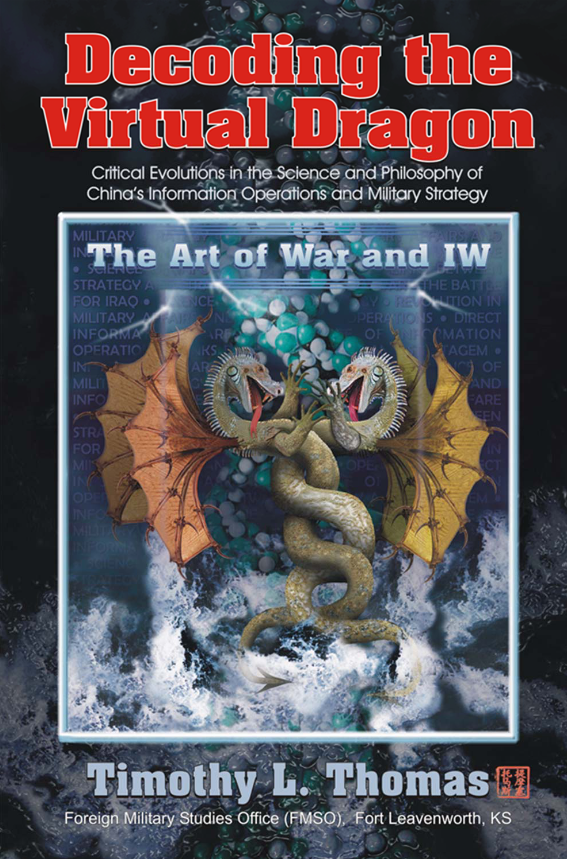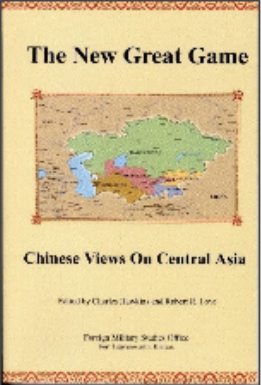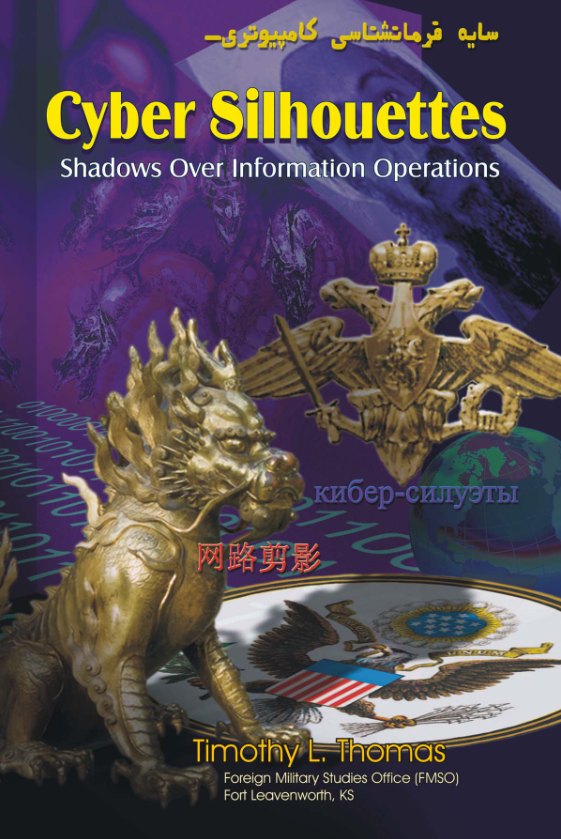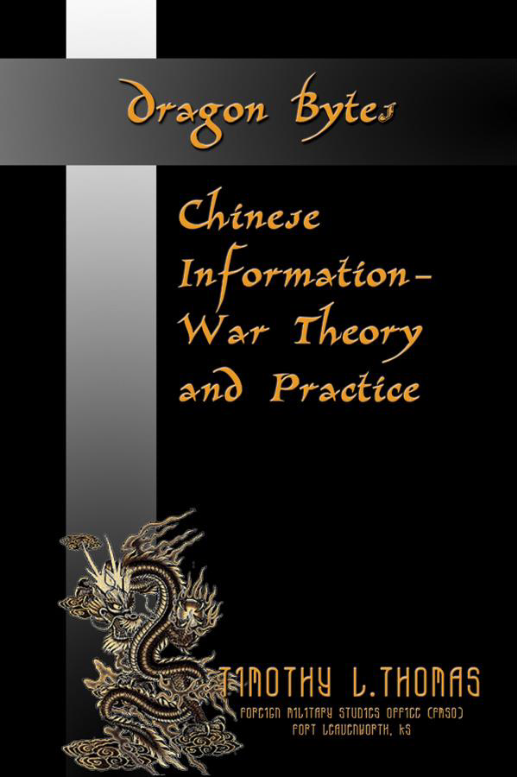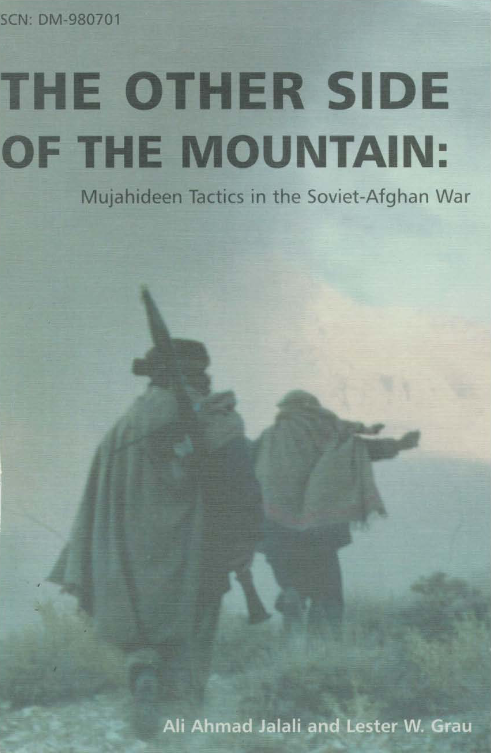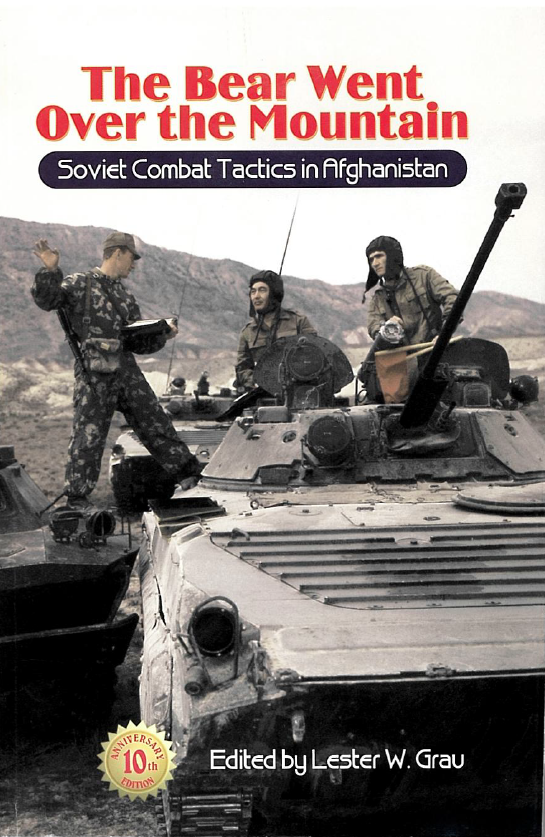(Click image to download book.)
This book expands upon Dragon Bytes, the author’s earlier work on Chinese information warfare (IW) activities from 1999-2003. Decoding the Virtual Dragon explains how Chinese IW concepts since 2003 fit into the strategic outlook, practices, and activities of the People’s Liberation Army (PLA). The book offers IW explanations directly from the pens of Chinese experts. There are few intermediate filters. In some cases direct translations of key Chinese terms are offered. The Chinese authors discuss the application or relation of IW to strategic thought, the transformation plans of the People’s Liberation Army (PLA), the revolution in military affairs (RMA), and the revolution in knowledge warfare and cognition. The book thus serves as a source for the fundamentals of Chinese military thought and demonstrates how IW/IO has been integrated into the art of war and strategy.

